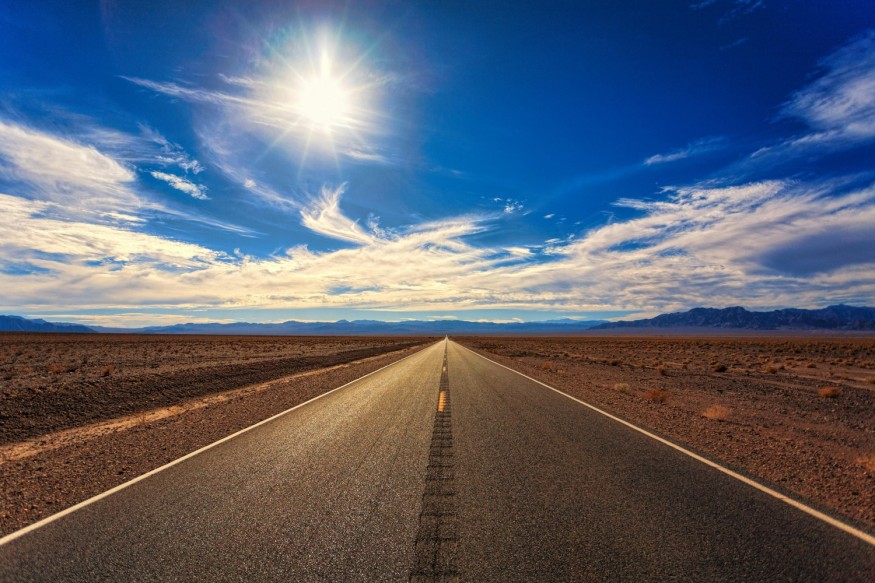
Delhi recorded an all-time high temperature of 52.9 degrees Celsius (127.22 Fahrenheit) on Wednesday as intense heatwaves swept across the northern and western regions of India.
Severe Heat Wave Condition
On Wednesday afternoon, the India Meteorological Department (IMD) recorded the temperature in the Mungeshpur area of New Delhi, citing "severe heatwave conditions."
The previous record for the highest temperature ever recorded was 51 degrees Celsius (124 Fahrenheit) in 2016 at Phalodi, Rajasthan. Every time the temperature rises above 45 degrees Celsius (113 Fahrenheit), India declares a heatwave.
People stayed indoors to avoid the intense heat in Mungeshpur, northwest Delhi, where streets were barren and most shops were closed.
"When we go outside, it seems like someone is slapping our faces. It has become difficult to live in Delhi," said resident Akash Nirmal.
Numerous communities have had to close their schools due to the extreme weather, which also increases the danger of heatstroke for those who work outside.
A six-week general election falls during the intense heat, which increases the risk to public health as voters stand in long lines to cast ballots. Voting closes on Saturday.
Animals are suffering from the scorching temperatures as well, as they run the risk of heatstroke and dehydration. Water scarcity is threatening endangered chinkaras, also called Indian gazelles, according to Sitaram, an animal activist from Bikaner, Rajasthan.
Water And Energy Shortage
Most of India experiences high temperatures in April, May, and June before the monsoon rains bring in milder weather. But with the warm weather becoming more intense over the past ten years and usually accompanied by severe water shortages, extreme heat is quickly turning into a public health emergency in India.
Of India's 1.4 billion population, tens of millions do not have access to running water. As the nation's capital swelters in unbearable heat, officials in New Delhi have also issued a warning about the possibility of water shortages, which could limit supplies to certain neighborhoods.
The authorities have also warned individuals caught wasting water that they will be fined.
At least 200 teams would be sent in, according to Water Minister Atishi, to take tough measures against individuals who wash their cars with hosepipes and allow their tanks to overflow.
Due to people's resort to air conditioning, ceiling fans, and coolers to beat the heat, the city's power usage has reached an all-time high.
The judge of a consumer court declared it was too hot to hold court without air conditioning, so the proceedings were suspended on Tuesday.
Gufran Beig, chair professor at the Indian Institute of Science, said that record temperatures have been reached due to an unusual El Nino to La Nina shift and a dearth of breezes providing moisture.
La Nina is characterized by abnormally low temperatures in the Pacific Ocean, while El Nino is the warming of Pacific waters that is frequently followed by drier weather over the Indian subcontinent.
"We suspect that it is all associated with climate change," he said.
Weather authorities predict that June's maximum temperatures will probably be above average. They even say that a heatwave is predicted to last four to six days in northwest India.
The March through September Indian summers are typically hot and muggy. However, the nation is expected to see longer and more extreme heatwaves this year, according to the weather service.
© 2025 NatureWorldNews.com All rights reserved. Do not reproduce without permission.





